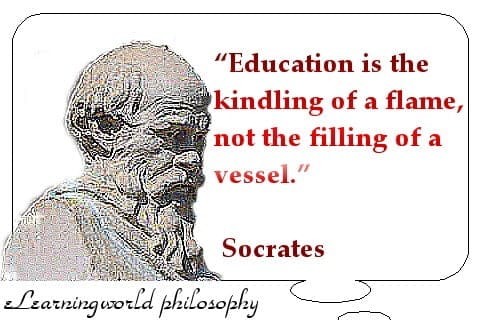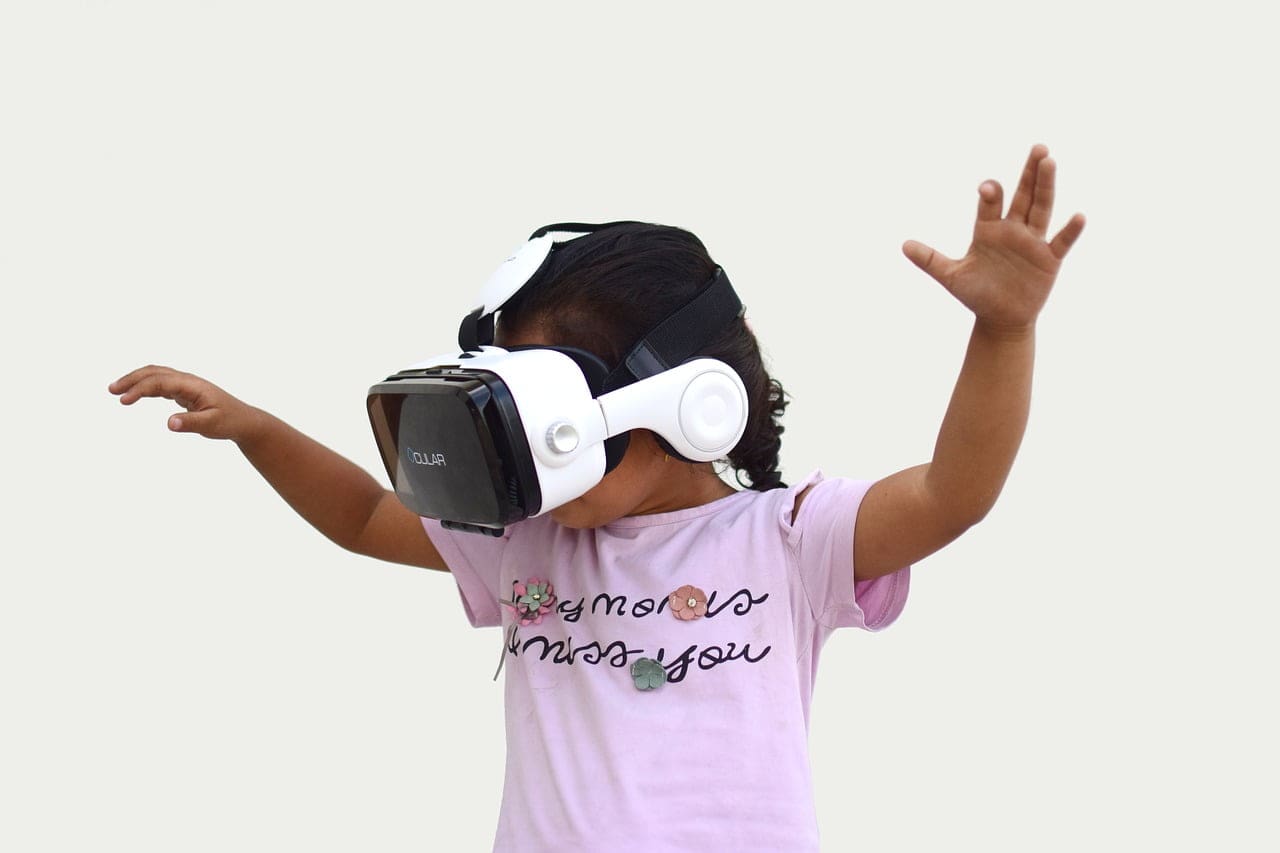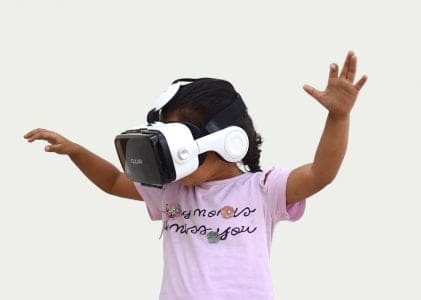 The educational system that works as it is transforming, the edtech market booming and learning is becoming adapted to humans like machine learning is
The educational system that works as it is transforming, the edtech market booming and learning is becoming adapted to humans like machine learning is adapted to artificial intelligence. So, let’s dig deeper into what the latter means in practice. With a focus on five areas: Evaluating learning performance, soft skills development, relevance and inspiration, teaching and the Lab.
adapted to artificial intelligence. So, let’s dig deeper into what the latter means in practice. With a focus on five areas: Evaluating learning performance, soft skills development, relevance and inspiration, teaching and the Lab.
Evaluating learning performance for an educational system that works
The industrial society grading system for schools is rather strange. Since it starts with an A as the top grade, and everything you get wrong will lower the score. The inspiration to this seems to come from the industrial society’s assembly production line. Where mistakes resulted in degradation and sometimes expulsion as well as a bad product. The digital society has a different approach since a workable educational system is inspired by the computer game community.
This means starting at zero and then adding scores/grades as the lifelong learner adopts new knowledge and skills along the way. In this environment, formal testing also becomes a thing of diminishing importance. Since modern learning environments include educational technologies. Where the teacher can follow the learners’ progress in real-time, with the possibility to identify deficits and shortcomings almost instantly.
Soft skills development
The learning environment should develop from filling the learner with chunks of knowledge to improving soft skills of how to acquire knowledge in a curious explorative critical thinking approach. In the same way similar to like the learner is improving skills and know-how, she also is building her knowledge-base with a content of relevance. This I will come back to in the second part of this story (in the section relevance and inspiration).
As artificial intelligences/robots and other forms of technology are taking more “repeating” and static tasks the focus now can be directed on soft skills. In this environment is not knowing the answer like a human encyclopedia, not the most important, but instead to ask the most qualitative questions and to evaluate and analyse the answers that search engines and other forms of AI are given. An approach that Socrates and many others acknowledged from Ancient age and onwards. It is really the industrial society that made qualitative learning a mess and made it artificial to humans.

Written by
LarsGoran Bostrom@
Author of the book Learning Design in Practice for Everybody and developer of Storyteller PublishingLab
Opens in a new tab



